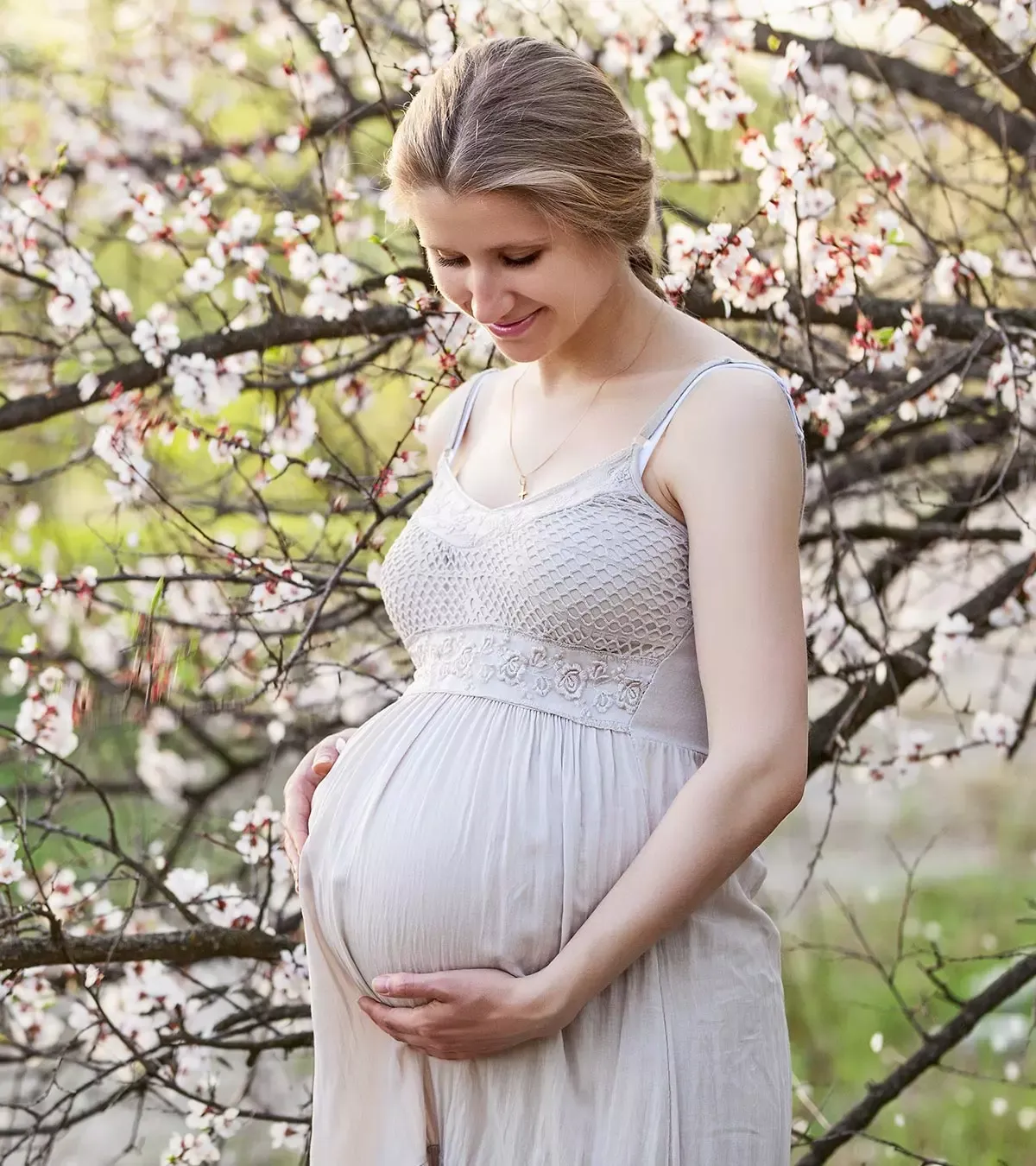As you step into your mid-30s, you might start to wonder about how this significant life phase impacts your fertility. It’s a common concern, and understanding the changes can empower you to make informed decisions about your family planning.
During your 30s, especially around the age of 35, you may notice a gradual decline in fertility. This is primarily due to the natural aging process of your eggs. While women are born with all the eggs they will ever have, the quality and quantity of these eggs can diminish over time. As you reach your mid-30s, the chances of conceiving naturally may begin to decrease, and the risk of miscarriage can also increase. This is largely because older eggs are more likely to have chromosomal abnormalities.
Men, too, may experience subtle changes in fertility as they age. While they do not face the same steep decline as women, factors such as decreased sperm quality and quantity can start to emerge in their mid-30s.
If you are considering starting a family or expanding your current one, being proactive is essential. Regular check-ups with a fertility specialist can provide valuable insights tailored to your specific situation. Furthermore, lifestyle choices play a crucial role in maintaining fertility health. A balanced diet, regular exercise, and managing stress can all contribute positively.
For those exploring their options, assisted reproductive technologies like home insemination are gaining popularity. Tools such as the BabyMaker Home Intracervical Insemination Syringe Kit from MakeAmom.com can provide a convenient way to try at-home conception.
Moreover, it’s crucial to stay informed about the latest developments in family planning legislation. For instance, you can find detailed discussions on related topics in our post about New York legislation.
In summary, while your mid-30s can bring challenges to fertility, understanding these changes allows you to take proactive steps. Regular consultations, maintaining a healthy lifestyle, and exploring modern solutions like home insemination can help you on your journey toward parenthood. For additional information and guidance, consider visiting Facts About Fertility, an excellent resource for pregnancy and home insemination.
